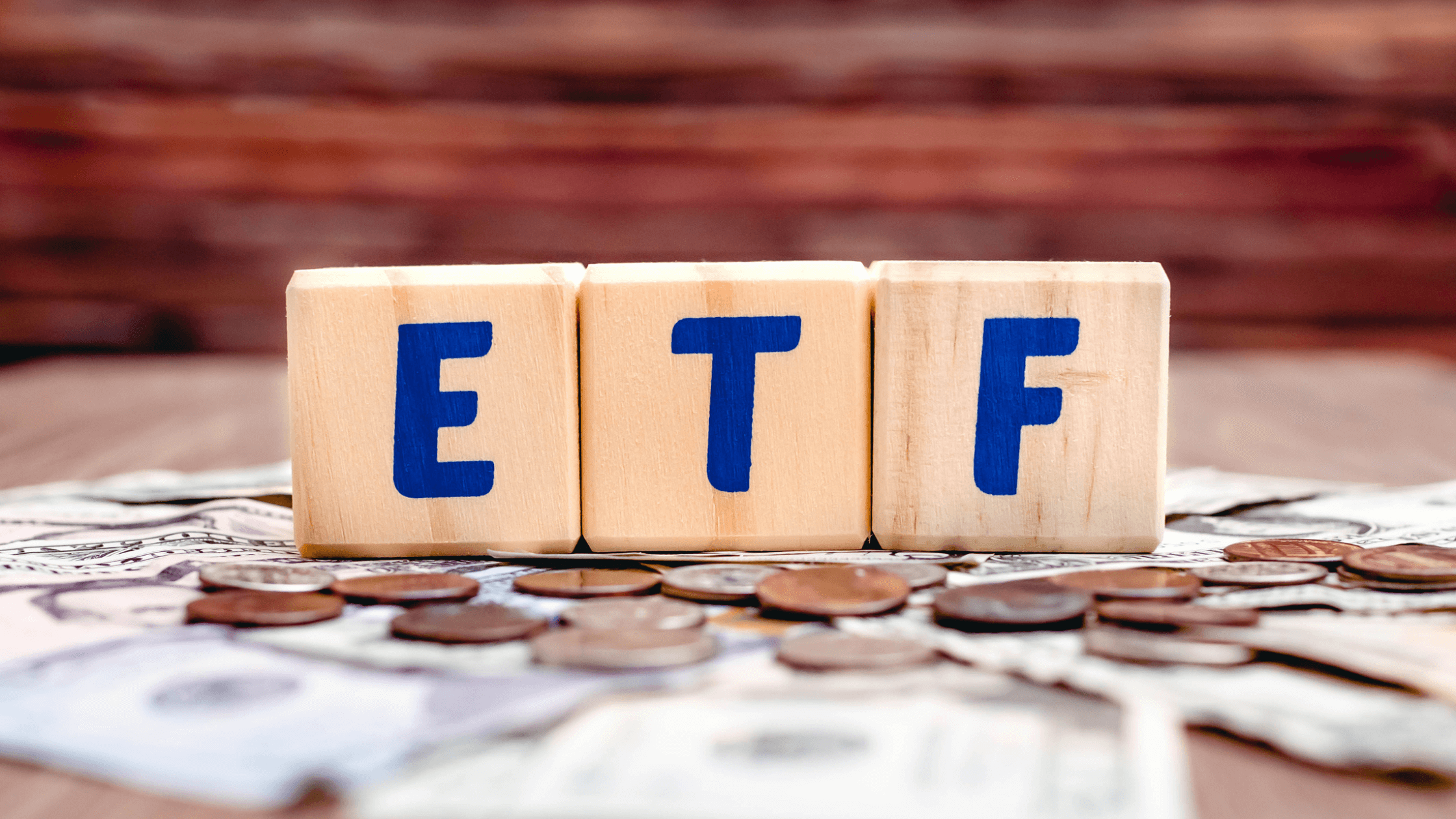Exchange-Traded Funds, also known as “ETFs”, has become a buzz phrase in the investment community over the last few years. That shouldn’t come as a surprise given that they were designed to simplify investing.
ETFs help those who are struggling with stock picking and do not have the time to follow the developments of companies or read up about the differences between a municipal bond and a junk bond.
In my previous article, I talked about ETFs in general and how to invest in them.
Today, I’ll talk about whether you should invest in ETFs. While you might feel that ETFs aren’t suitable for you, I think every investor should at least understand the “ABCs” of ETFs in order to take advantage of its benefits.
Here are some of the reasons why I think ETFs should make it to your shortlist of investment options:
1) Low fees/costs
Most ETFs track broad indices and do not require portfolio managers to analyse and trade stocks on a regular basis.
This has helped ETFs to have much lower fees as compared to actively managed funds. Low fees are one of the things I love most about ETFs.
If you look at actively managed funds, the average annual fee can start at anywhere around 1.25% of the account balance, based on data compiled by Morningstar.
It’s easy to be misled into thinking that a 1.25% fee is not that expensive but if you consider the average return of around 6% to 7% for a well-balanced portfolio (of both stocks and bonds), your annual total return will have been reduced by more than one-fifth.
Meanwhile, index funds usually come at a lower cost with index mutual funds averaging 0.87% while ETFs average 0.53%.
Today, there are also a lot of ETFs that come with a zero expense ratio. In short, buying into ETFs helps to put more of your investment dollars to work so you can reach your financial goals.
2) Diversification
This is one of the main reasons why people invest into ETFs. Since ETFs invest into a basket of securities, it helps investors to naturally diversify their investment.
Instead of putting everything into one stock, for example, ETFs ensure that your portfolio is diversified based on the index that is being tracked.
Trading opportunities
While ETFs are most suitable for passive investing strategy, it also offers traders opportunities to take advantage of market volatility to gain higher returns.
For example, if the S&P 500 Index were to race upwards at the opening of the trading day, traders can take advantage of the sharp market movement and lock in profits. Traders can buy back the ETFs when the market moderates in the later part of the day.
ETFs are strategic for investors whether you are a novice or an experienced investor.
Best for beginners
If you’re new to investing, ETFs provide a good way to start. The low expense ratio, diversified nature, low entry level of investment, wide range of options and abundance in liquidity make it a good option for beginners.
Most importantly, ETFs are something that can easily be understood by investors, especially for those who have just started on this investing journey. It helps to provide much-needed exposure without taking on excessive risks.
As for experienced investors, ETFs can be a good complement to the rest of your investment portfolio. For example, an ETF that invests in small-cap companies might be suitable for an investor who only has large-cap stocks in their portfolio.









